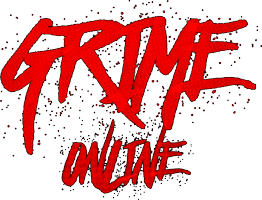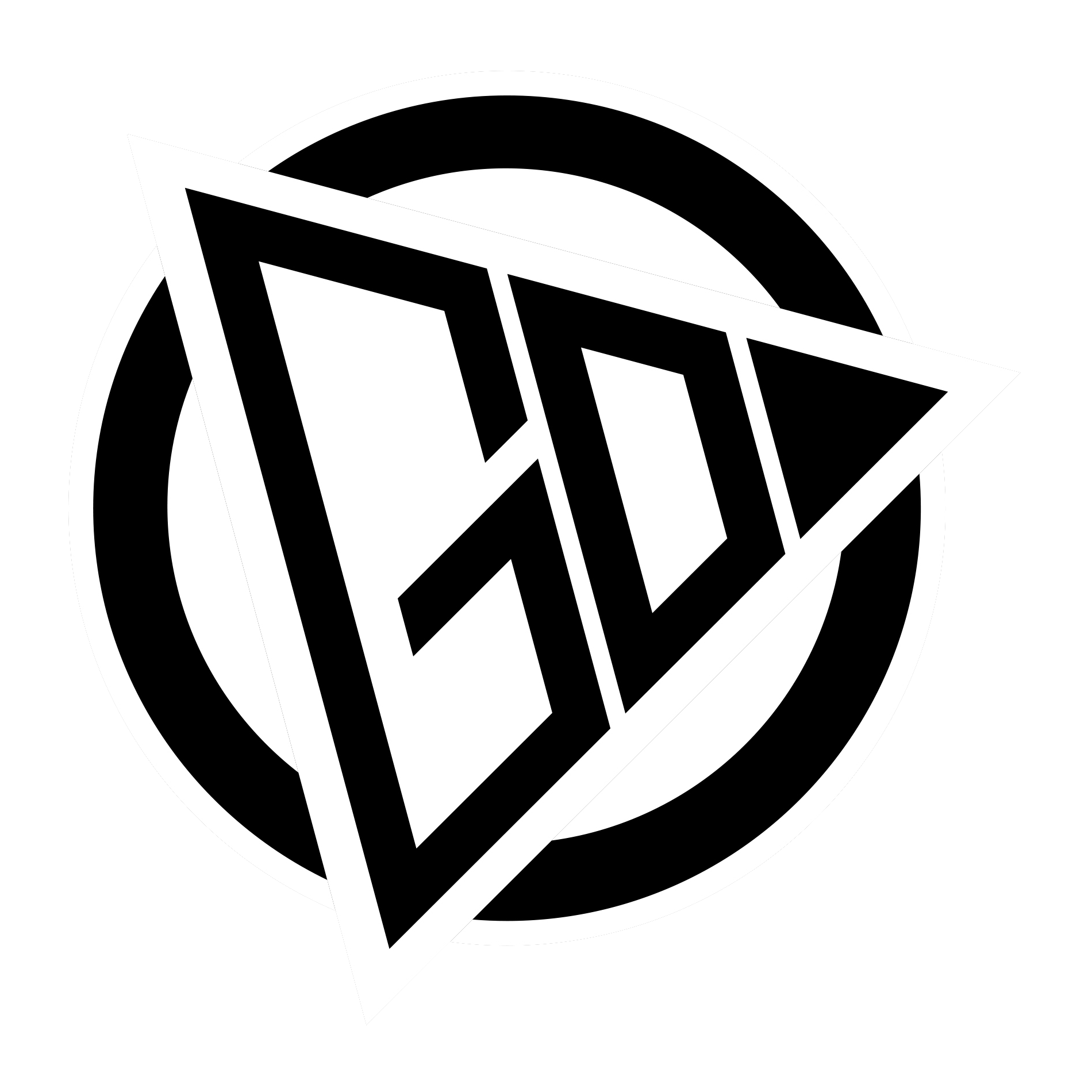Error: Contact form not found.
BOJ, or Bolaji Odojukan, is an influential Nigerian artist whom you probably know from Dave’s “Lazarus” or “Like to Party” with Skepta. With a strong fan base in the UK, BOJ has been in the game for over seven years and has played a significant role in the formation of alté, an alternative Nigerian music genre, which consists of (but not restricted to), a range of sounds from afrobeats, dancehall and R&B.
BOJ’s artistic skills and style brought him recognition in Nigeria and secured him collaborations with the likes of international artists such as Davido and Mr Eazi, and is soon due to unveil features with other well known artists on his upcoming album, which is expected to drop soon.
Two things that are very important to recognise about BOJ in order to understand his calibre as an artist are first and foremost his voice, as he sounds absolutely incredible live, and his energy on stage, his capability of putting on a show and carrying on regardless of any setbacks that he might run into during a concert.
During a gig that he played in London last year at the Waiting Room as part of his UK tour, a problem with the PA system occurred about 15 minutes into his show, which forced him to improvise. Low and behold, BOJ not only had the whole audience sing two of his songs acapella bar for bar, but he also created an energy that filled up the whole room and made everyone jump around. In that moment even if the lights cut out he would still shine as the king of the stage, dancing and hyping people up like nothing could ever stop him.
That is how you understand the true worth and power of an artist, as BOJ didn’t even flinch or stop for one second, he just carried on with his show and made people literally shake the whole venue.
Before we dive into this interview I would like you to familiarise our readers with the term alté. In other interviews you say that it’s more than a music style, it’s a whole lifestyle. Please, can you elaborate on that and also touch on the music elements?
“So basically alté to us means freedom to express yourself without boundaries, without the constraints of the mainstream in whatever sector, whether that’s fashion, whether that’s music, whether that’s photography, whatever it is man.”
And what about the musical elements?
“In Africa, originally in Nigeria, they started grouping the music as alté just because of the way we are, like the way our lifestyle is. Really and truly, alté doesn’t describe the sound, it really describes the lifestyle and what you’re about. But it’s because they needed to group us somewhere, so they just called it alté music or the alté sound or whatever. So when you hear something that’s different from the norm it’s just the alté sound basically.”
You started this culture over 10 years ago with your crew LasGidi in Nigeria, where you’re from and where you also reside. Would it be correct to say that alté is an alternative African culture with strong Nigerian influences?
“100%, strong Nigerian influences but with influences from other places as well.”
You sound absolutely amazing on “Lazarus”! How did you react when you found out that the deal was locked in and you were going to do a song with Dave?
“I was excited, I wasn’t 100% sure it was gonna happen, you know. Because they just reached out and was like “Yeah, we want this hook”. He had heard some of my stuff and was like “Yeah man, we’d like him to do it.” My boy Donawon hooked it up, he is Tems’ manager, so yeah man, I was excited! Went studio and banged it out straight.”
Can you tell us more about the whole creative process behind the song and how it came to life?
“So with “Lazarus”, they sent his verses, and from the verses I just got this kind of arrogant flow, and how what he was talking about was like the finer things in life, and how it’s not easy to acquire those things, how nothing can come and destroy everything he’s built, basically.
“So in the hook, I’m talking about the fact that to get these finer things in life you need the money, so I’m basically just telling whoever I’m dealing with “Make sure you’re bringing the money because I need to be able to afford all these things I’m trying to get.” And if the money is not complete, they’re trying to fuck with my business basically, so you’re trying to fuck with me.”
You have collaborated with other international artists like Mr Eazi and Davido, and other huge figures in the afrobeats scene. Who else would you like to do a feature with, especially if you were to cross over to a completely different genre?
“I think I could do any genre to be honest, so I feel like if I was to go to America for instance I’d like to work with Jhené Aiko. I’d like to work with Sean Paul as well. I like Drake a lot, so him.”
So what music are you working on right now? And when can we hear it?
“I’m just finalising my album, I’m trying to put the last pieces together, see what’s up to par and what isn’t.”
What kind of sounds is this album going to have?
“I would say the sound is just what it is, man, afrofusion. Heavy African elements but then we draw inspiration from different sounds and different genres – hip hop, reggae, dancehall, R&B. That’s one thing that we’re good at doing in Nigeria in particular, we can take any sound and almost make it sound like it’s afrobeats just based on the melody and what we’re saying, the language, whatever.”
Are we going to see any features on the album?
“Oh yes, there’s loads of features. I’m heavy on collaborations, I’m a collaborative artist. I came from a musical group background, so that’s something that subconsciously stuck on.”
Amazing! Can’t wait to hear it. Can you tell us a bit about how you became a musician? Both when you decided that you want to do music for a living but also when you realised that music is your thing?
“I remember when I was younger I used to harmonize a lot. I used to harmonize songs a lot but obviously I didn’t really take it seriously. I had music lessons when I was young, I played the drums, the piano. And then when I got to year 9 in England my boys were doing music, so I just tried it and people liked it and I was like “Oh, let me just do this because I’m not good at anything”. If this is a gift I’ve been given from God then I have to make the most of it.”
Is that when you decided that you were gonna do music for a living?
“Yes, I decided that in like 2014, that Yeah, this is what I actually want to do. This is what I have to do because I can’t do anything else. I don’t have a choice (laughs), I didn’t really have a choice and plus I love it, I love making music and it was just like a no brainer.”
Who were your biggest influences growing up? Who got you into music?
“My parents played a lot of music, like Lauryn Hill, Bob Marley, Shaggy, TLC, Tracy Chapman, and I feel like those people influenced me. Even when I’m not listening to music, the kind of music that comes out of me – you can always relate it back to those people, you know?”
If you were to choose one artist that played an important role in the formation of your musical style, who would you say that is and why?
“I don’t think there was anyone in particular. I remember seeing Usher and being like “Yeah, I wanna be a superstar!” But musically I think it’s a combination of all of them. Just listening to them over time and it just subconsciously just happened. So it’s a combination of all.”
Now that you’re an artist you’re becoming an influence for someone else, surely there’s kids and young people who look up to you and think “I like this guy! I want to be like him one day!” What is the most important thing that you want people and young artists to take from you artistically speaking?
“I’d say staying true to yourself, just being true to what you feel like putting out. And also believing that what you’re doing makes sense. It’s so easy to lose hope when things aren’t happening easily, but if you look at everyone that’s made it, their stories are also like that. You can’t look at other people and think that that’s what’s going to happen for you. Everyone’s story is different, you feel me?”
What Nation should we cover next?…
What is your Fave bar from the album?…
The hardest selections from Skep’s back catalogue…

